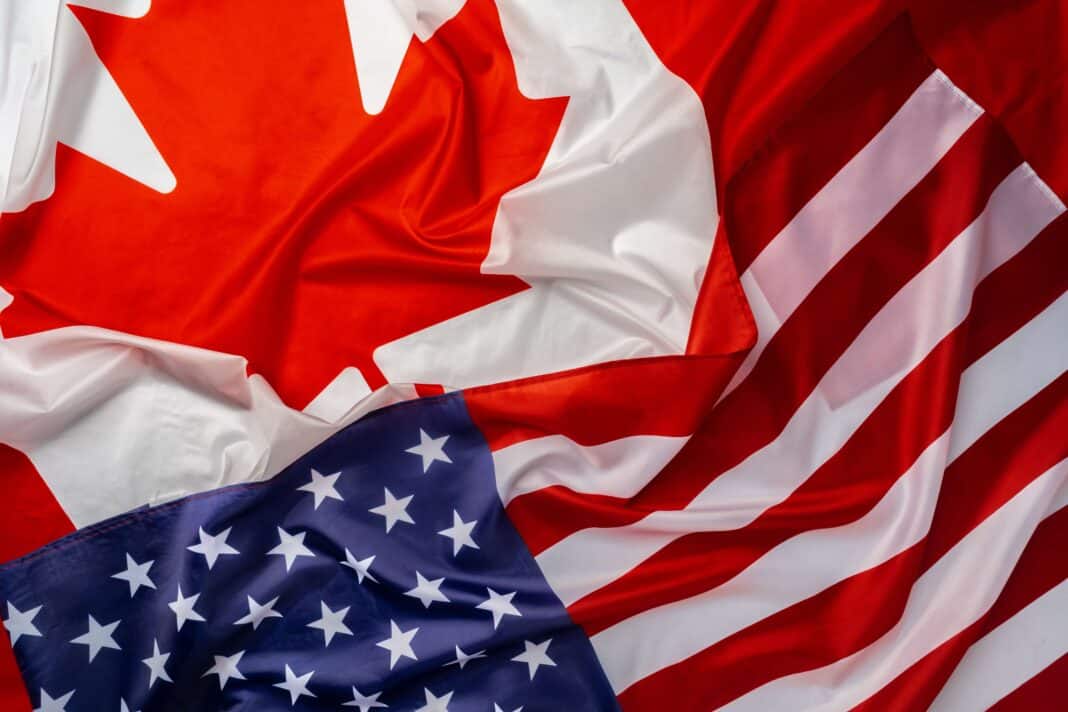Canada has welcomed a trade panel ruling, finding that elements of the US calculation of softwood lumber were inconsistent with its law.
The softwood tariffs are the legacy of a decades-long trade dispute over the Canadian industry that remained unresolved since a quota agreement expired in 2015.
In a statement attributed to May Ng, Canada’s Minister for International Trade, “the government is pleased that the NAFTA dispute panel agreed with its challenge of America’s so-called dumping determination.”
Under the US Tariff Act, the Department of Commerce determines whether goods are sold at less than fair value or benefit from other governments’ subsidies.
Last month, Wood Central revealed that the US Commerce Department upheld a duty rate of 7.99% on all Canadian softwood lumber imported into the United States.
The US has rebelled against stumpage fees, which it claims “provides an unfair advantage to Canadian exporters in the US market.”
In Canada, lumber-producing provinces, including Ottawa and British Columbia, set’ stumpage fees’ for timber harvested from Crown land, a system that US producers — forced to pay market rates — say amounts to an unfair subsidy.
Bruce Ralston, British Columbia’s Minister of Forests, has welcomed the final determination, which provides closure for more than 50,000 workers in the province.
“Workers in communities around the province rely on British Columbia’s forestry sector for jobs to support their families, livelihoods and communities,” Mr Ralston said.
“The federal and BC governments have been clear that the duties imposed by the United States on Canadian softwood lumber are unwarranted, punitive and are negatively impacting British Columbia’s forestry workers and communities.”
“Time and again, neutral third-party reviews of the softwood lumber dispute have confirmed these duties are unjustified,” he said.
“While we continue to provide markets worldwide with the highest-quality timber, US duties are hurting people on both sides of our shared border, increasing material costs for Americans, and creating uncertainty for forestry professionals and communities here at home.”
Premier David Elby has raised the issues with the US ambassador, and it is hoped that the new ruling will assure Canadian softwood producers supplying the US market.
According to Minister Ng, the next step is to immediately revoke the “unwarranted” and “unfair” duties.
Ng says Canada will “continue to advocate for Canadian softwood lumber workers and industry as we pursue other legal challenges of unjustifiable US duties.”
In 2020, the World Trade Organization found that the US could not prove that Canada unfairly subsidised softwood producers by undercharging wood from government land.
At the time, Minister Ng said the US decision to appeal was “confusing since earlier this year, the US decided that the WTO appeal body did not need to exist.”
The US alleged that the WTO had been making decisions beyond its jurisdiction and had refused to appoint new members, leaving it without enough people to operate.
Stephen de Boer, Canada’s permanent representative at the WTO, told a dispute-settlement meeting that the US refused an arbitration offer by Canada, and its appeal to a body the US has rendered defunct is denying Canada any chance to fight the duties.
De Boer said the US had collected almost $3 billion in illegal duties from Canadian softwood producers since they were introduced in 2017.
- NAFTA was substituted by the United States-Mexico-Canada Agreement (USMCA) in 2020.






